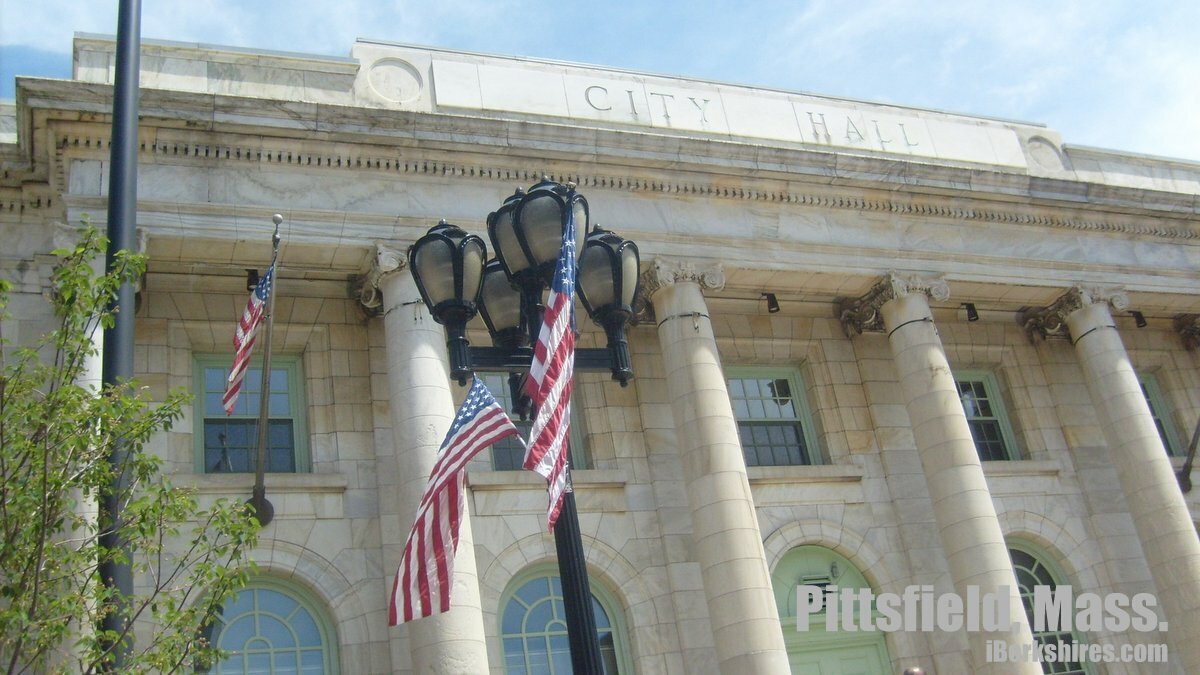Pittsfield Subcommittee Mulls Upcoming Short-Term Rental OrdinanceBy Brittany Polito, iBerkshires Staff
06:06AM / Thursday, July 10, 2025 | |
 |
PITTSFIELD, Mass. — The proposed short-term rental ordinance is nearing its final form.
At the end of June, the Ordinances and Rules subcommittee tabled proposed zoning changes that would allow the operation of short-term rentals. City councilors had to make several decisions, including designating a granting authority and establishing a yearly cap on the number of days an STR can be rented.
The proposed ordinance defines a short-term rental as "a rental property offering a consecutive stay of no more than thirty (30) days, with the exception of bed-and-breakfasts, hotels, motels and Lodging Houses or timeshares."
City Planner Kevin Rayner again pointed out that "short-term rentals aren't actually legal" in the city currently, because there is no governing ordinance.
The subcommittee agreed that the Community Development Board should be the granting authority, that there wouldn't be additional special permit criteria, and that it can be rented for 150 days out of the year.
A hot topic during the City Council's deliberation was whether additional STR units require the applicant to be a resident of Pittsfield, which would require "resident" to be defined.
"I've just outright put a recommendation here that we don't define what a resident is. I think that that would be kind of possibly discriminatory if we tried to pin down what a resident is," he said.
"Is it somebody who lives here all the time? Is it somebody who owns property here? Is somebody you know staying here for a short period of time? I think it's just very tricky."
Subcommittee member Dina Lampiasi, Ward 6 councilor, suggested that only owner-occupied properties can apply for a second STR. Building Commissioner Jeffrey Clemons confirmed that this could be monitored through data from the assessor's office.
"As long as you don't have to reinvent the wheel with it and it's enforceable, I'm fine with it," said Peter White, council president, and other subcommittee members agreed.
During the public hearing, Clemons voiced that he is opposed to allowing more than one STR per property. He explained that these rentals have to be inspected once every five years if they are owner occupied, and if not, they have to be inspected yearly, and "we have to manage that. That's a new requirement in the building department."
"The intent of the ordinance is so somebody that owns a home could make some extra cash on the side and put it on a short-term rental site, and to allow a second one, that's an investment property," he said.
"That's like a small hotel, and it's not in keeping with the intent of the ordinance, in my opinion."
It was pointed out that people have already come forward claiming to have more than one STR, and Ward 5 Councilor Patrick Kavey said, "Jeff, I'm sorry, but we'll figure out how to enforce it."
The subcommittee decided that 150 days was a reasonable cap on the number of days that the short-term unit can be rented. Rayner explained that the Community Development Board wanted to stop people from renting a STR for over half of the year out of concern for the neighborhood, while allowing it to be profitable for the operators.
"And so we decided that 150 days was fair for somebody to be able to make enough on the short-term rental to make it worth operating it and installing all the fixtures that would be required to operate that short term rental, and then also short enough where we're not disrupting the neighborhood constantly for the entire year," he said.
Lampiasi wanted to see more like a 90-day cap, explaining that five months of the year is not short term when you think about what the fabric of a neighborhood means.
"At the same time as we're having a conversation about not enough housing in our city, and we're talking about communities where there's duplexes and triplexes or even smaller homes that could just be Airbnbs, the question is, is an investor able to come in and purchase this property because they don't want to deal with renters and just make enough money to help them a few months a year with their mortgage, and now it's still their investment property but we're taking a rental unit or a home that a family could live in off of our market," she said.
"I want to be very mindful of that. I personally will not support 150 days."
Subcommittee member Kathy Amuso, at-large councilor, felt 90 days may not make it worthwhile for operators after implementing code requirements. White said that going with a shorter cap might make it seem like the city is allowing STRs but not encouraging them, and capping it at 90 could send the message that they don't want them to happen at all.
"We're regulating these, we're allowing them, but where we put this really is saying if they're going to be used or if they're going to be sitting vacant for the rest of the time," he said.
Director of Community Development Justine Dodds reported that short-term rental operators thought the Community Development Board was "very considerate and thoughtful" with the 150-day cap.
"I think 150 to 120 seems more reasonable. I mean, three months you're hardly going to cover your costs," she said.
"And there are people who use short-term rentals for things like supporting our cultural institutions, for example, that maybe they need a period of time where there's going to be people who are going to be here working in our community and contributing in that manner as well."
The subcommittee did support a licensing ordinance for STRs that requires each one to have a new license.
|

